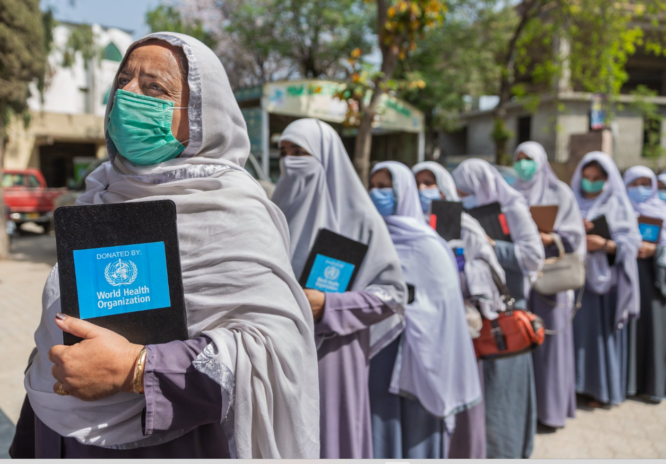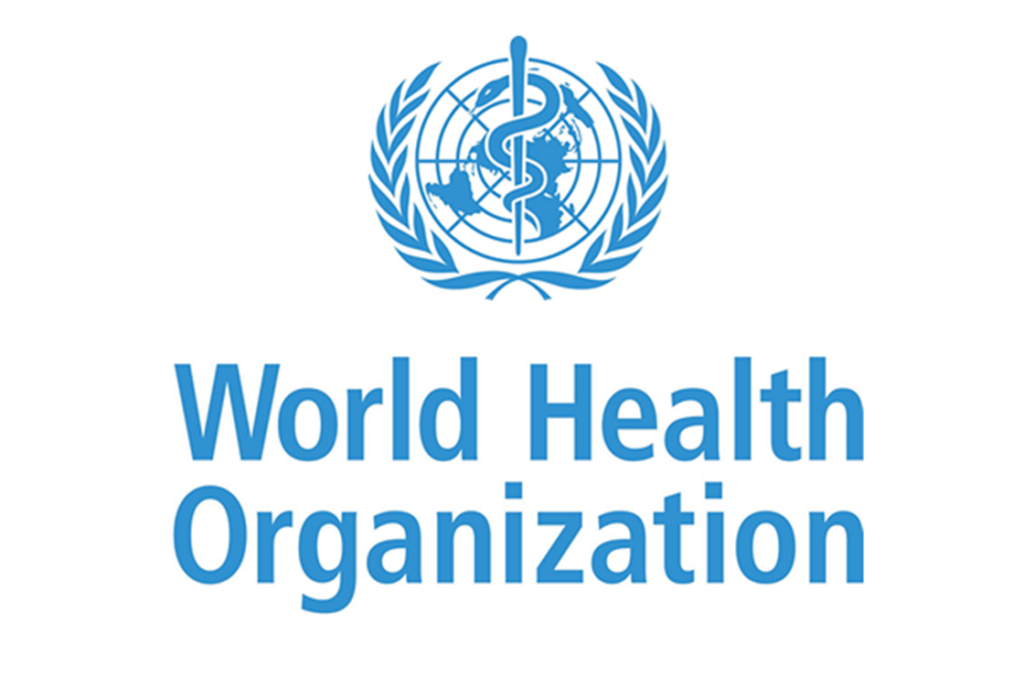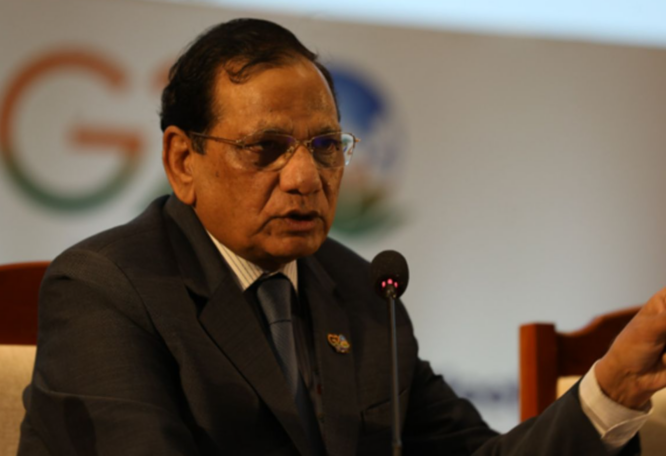
European Commission and WHO establish historic digital health effort to improve global health security 2023
Sanjh
- 0
In June 2023, WHO will adopt the European Union (EU) digital COVID-19 certification system to create a worldwide system that would enable global movement and safeguard individuals from health hazards, including pandemics.
The WHO Global Digital Health Certification Network (GDHCN) will produce a wide range of digital goods to improve health for all, starting with this.
“Building on the EU’s highly successful digital certification network, WHO aims to offer all WHO Member States access to an open-source digital health tool, based on the principles of equity, innovation, transparency and data protection and privacy,” said Dr. Tedros Adhanom Ghebreyesus, WHO Director-General. “New digital health products in development aim to help everyone receive quality health services quickly and effectively”.
The WHO and EU announced a revolutionary digital health collaboration
The project follows the 30 November 2022 agreement between Commissioner Kyriakides and Dr Tedros to improve global health strategic collaboration. It is based on the EU Global Health Strategy and WHO Global Strategy on Digital Health. This strengthens the WHO-led multinational framework fueled by the EU.
This alliance advances the EU Global Health Strategy’s digital action plan. European best practices improve global digital health standards and interoperability for the most vulnerable. It shows how EU-WHO cooperation may improve health worldwide.
“As the directing and coordinating authority on international health work, the WHO is the best partner to advance the work we started at the EU and further develop global digital health solutions,” said Stella Kyriakides, Commissioner for Health and Food Safety.
The European Commission’s technical skills will help build, manage, and implement the WHO GDHCN system in this cooperation. First, maintain EU digital certifications.
“80 countries and territories are connected to the EU Digital COVID-19 Certificate, setting a global standard. The EU accreditation has helped us battle the epidemic and encourage foreign tourism.

“I am pleased that the WHO will build on the privacy-preserving principles and cutting-edge technology of the EU certificate to create a global tool against future pandemics,” said Thierry Breton, Commissioner for Internal Market.
EU-based WHO system
Digital COVID-19 certifications are crucial to the EU’s pandemic response. The EU quickly created interoperable COVID-19 certificates (EU Digital COVID-19 Certificate, or EU DCC) to allow free movement inside its borders.
The most extensively used solution worldwide, it connected non-EU nations that produce certificates according to EU DCC criteria using open-source technology and standards.
Since the epidemic began, WHO worked with all WHO Regions to establish certificate guidelines. In response to rising health hazards, WHO is creating a worldwide digital health certification network based on the EU DCC structure, principles, and open technologies.
This agreement will allow the globe to benefit from digital certificate convergence through WHO’s framework. Standardizing and validating digital signatures prevents fraud. WHO will not have access to underlying personal data, which states will retain.
The first WHO building block goes live in June 2023 and will be built over the next several months.
Long-term digital cooperation to improve health for all
WHO and the European Commission will collaborate on digital health to help WHO adopt and improve the EU DCC.
This alliance will gradually improve the WHO system to meet other use cases, such as digitizing the International Certificate of Vaccination or Prophylaxis. Global health improvement requires expanding such digital solutions.
Transparency, openness, inclusion, accountability, data protection and privacy, security, global scalability, and equality underpin this collaboration. The WHO and European Commission will collaborate to maximize global involvement. Equity for low- and middle-income nations will be prioritized.

